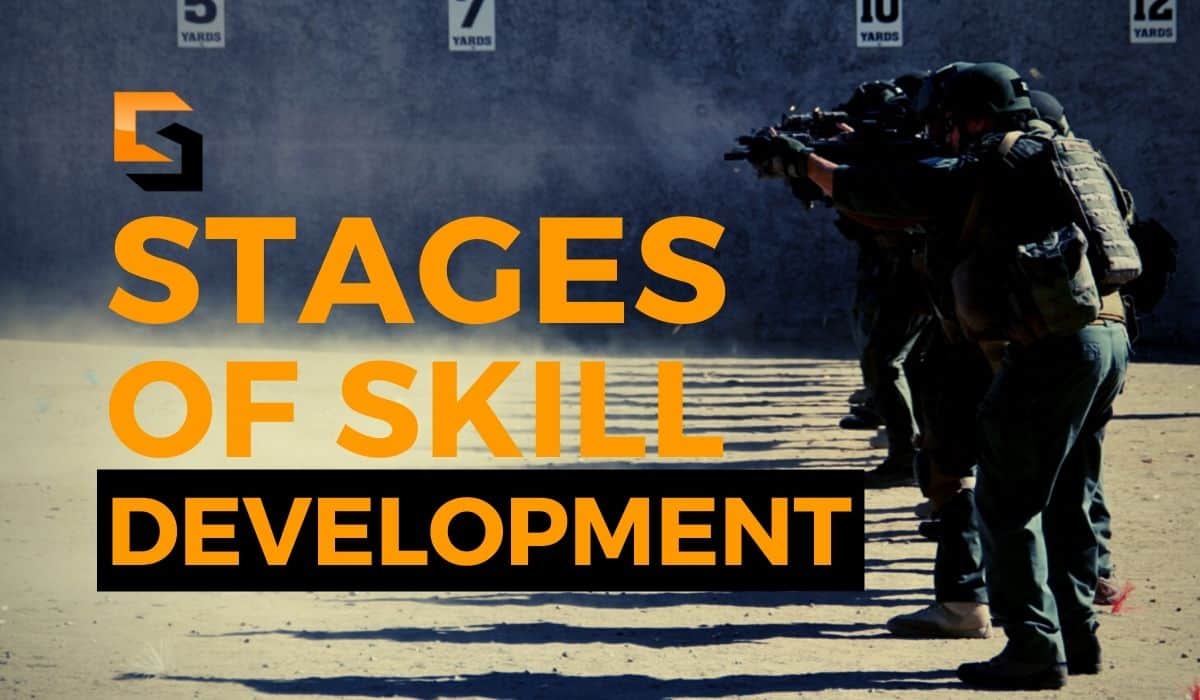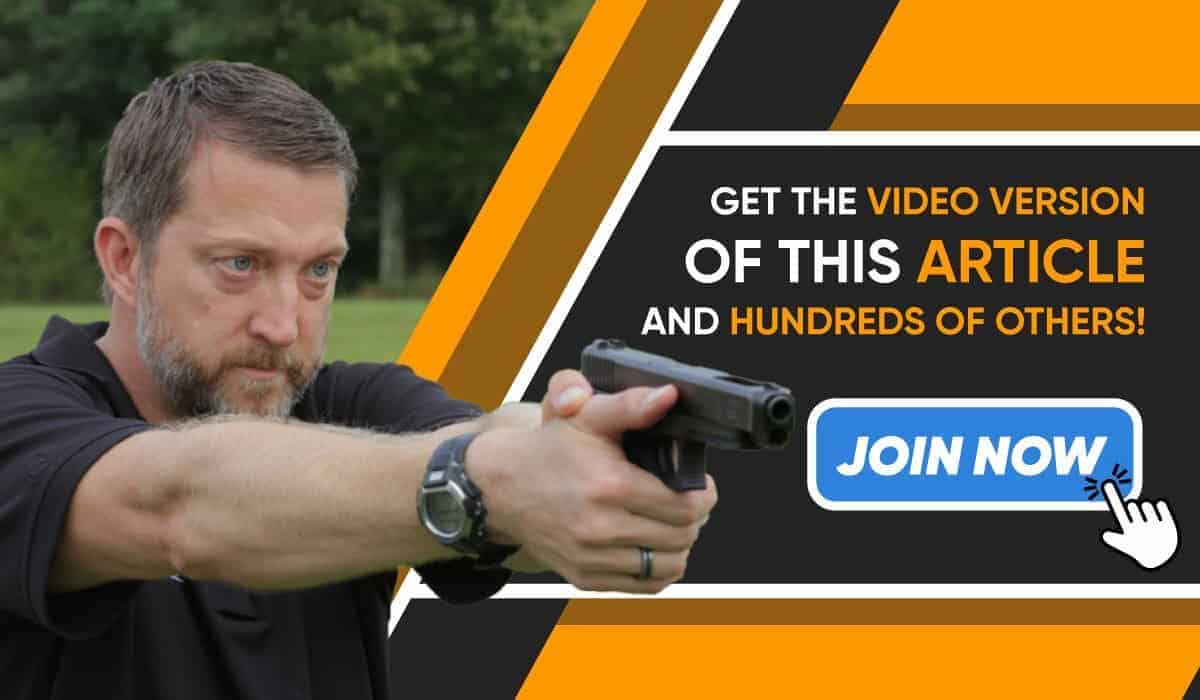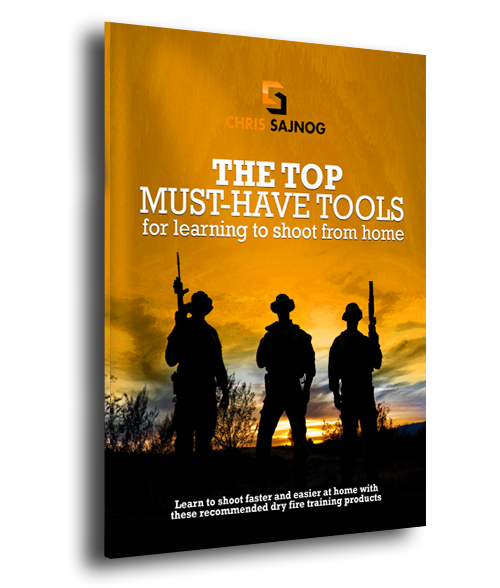Stages Of Skill Development And The Best Way To Master It
I spend a lot of time talking about learning and skill development as it relates to shooting, but the stages of skill development can be applied to any area of your life. As you read through the five stages below, think of an area of development in your life and determine which of the five stages you’re currently working through. Only by identifying where you’re at in the learning process will you know what you need to work on to reach the next level.

Skill Development Stages
Unconscious Incompetence
The first of the five stages, unconscious incompetence, is pretty straightforward. At this stage, you don’t understand or know how to execute the skill (incompetence) but you also may not even recognize the lack of the skill in your life (unconscious). This stage of skill development will see you question the value or usefulness of the skill in your life. There’s no set timeline for working through this stage, but motivation certainly plays a part. It’s also important that you are open to change.
“If you think you know it all, you can’t grow at all.” – Chris Sajnog
Conscious Incompetence
The transition from unconscious to conscious incompetence involves acknowledging both your incompetence with the skill as well as the skill’s value. If you accept these stages of skill development as highly necessary to your life (maybe it’s crucial to you getting a promotion at work or the need to be able to defend your family), you will be more motivated to admit your current level of incompetence. At this point, you still do not understand or know how to execute the skill, but the making of mistakes can be integral to your learning process and you need to be comfortable making mistakes.
The realization that you don’t know how to do something that you need or want to do can be difficult to handle. Some people experience a loss of confidence and feel like giving up before they even attempt to become competent. This is a great time to call on your family and friends for support and it’s one of the many reasons why my online training program has a collaborative members area. Talk to the people who know you best about what you’re going through and reach out to group members who have been where you are now. To move to the next level from here it’s critical you know your why – What are you training for?
If you think you know it all, you can’t grow at all.
Conscious Competence
Once you overcome your feelings on being incompetent and begin to practice the skill, you’ll move from Conscious Incompetence to Conscious Competence. Now you understand or know how to do the skill at hand. However, demonstrating the skill requires a good deal of concentration on your part. You might need to continue breaking down the skill into small steps to properly execute it. As you continue to practice consistently, you’ll feel an increasingly confident and you may look for additional opportunities to practice your new skill and become even more familiar with the required steps.
Unconscious Competence
The transition from conscious to unconscious competence has no set time and is going to be different for everyone. You’ll know you’ve made the transition when you can perform the skill without ‘thinking about it’ anymore. You just do it and it’s easy. You can even do it while you do something else. For instance in shooting you are not thinking about how to stand, hold the gun or pull the trigger, these all happen without you thinking about them (known as muscle memory) and you can use your conscious thought to focus on your environment. When you reach this point, you are well-versed enough with the skill that you could share your knowledge with others (remember my mentioning that people in Stage 2 need support? Go support them! Teaching others is one of the fastest ways to excel at any skill).
Consciously Unconscious Competence
The fifth and final stage of skill development will find you in a state of enlightened competence. What this means is you have mastered the skill to the point of high efficiency and accuracy without conscious effort – you now perform it instinctively and reflexively. The skill requires little effort on your part to obtain optimal results. Not only can you perform the skill very well, you fully understand what is happening while you’re engaging in the skill or when you observe others engaging in the same skill. This understanding provides you with the perspective needed to further improve your abilities and to efficiently teach others with ease and impressive results. In other words, you have obtained complete mastery over the skill and to reach this level you must be practicing some form of meditation.
So what skills are you currently working on? Where are you in your skill development according to these stages of skill development? Let me know in the comments below.





